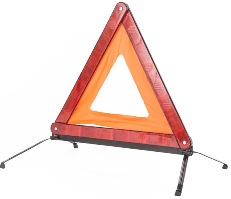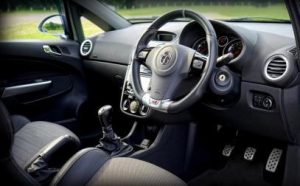Getting your car serviced is often on a list of things we all forget about. We usually only go to a mechanic if there’s an issue. When we think of getting our car serviced, we think of its costs. On the other hand, we must remember that getting your car serviced is essential as it will save you money in the long run. It can find any minor issues before they become large and costly ones.
Not only that, but having full service on your car can increase the second-hand value of the car as the new owner will know it’s in perfect condition to purchase. Depreciation is one of the high driving costs, so this could help put some value back on your car.
If you are a new driver, you may not have gotten a car serviced before, so this is a new process for you. We have a few tips for getting your car serviced for new and experienced drivers.
How Often Should a Car be Serviced?
Most road users are unsure when to get their car serviced, so they leave off doing it for another few months. Most cars will tell you if a car service is needed. How is this? Well, if a flashing light appears on your dashboard, it’s time to get it checked over. Your car manual is also great to read up on when your car needs a service.
Usually, you should service your car after 12,000 miles. If you are driving over 20,000 miles a year, you should get a service every six months to avoid any issues and fix wear and tear.
When is the Best Time to Get a Car Serviced?
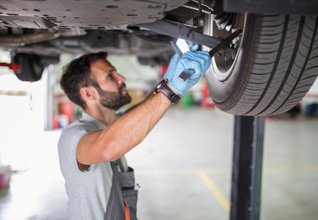
If it has been over a year since your last service, then it’s time to get it booked for a service. Even if your car has low mileage, it’s worth checking. You should get your car serviced more regularly if you cover high mileage. The more you use the car, the more issues you may face. An annual service is the best way to go.
If your car is under warranty and runs out in the next few months, you should get it serviced before it runs out. It will save you money if there are any issues.
What is Performed in a Car Service?
Various checks can be performed on your car, depending on how much mileage the car has done. There are three types of service that are carried out:
- Minor
- Full
- Major
Minor Service
A minor service typically checks basic elements such as coolant, brake fluid, oil and anti-freeze levels. The mechanic will check your brake pads to see if they work effectively. Other checks that may be made are:
- Tyre Thread Depth
- Windscreen Wipers
- Lights
- Indicators
If there are issues with anything in the minor service, the garage will notify you, and they may have to repair or replace a part of the car.
Full Service
The full service includes all elements of a minor service, which we have covered and some extras. The mechanic will check new areas in a full service, such as the engine to see if it is running correctly, the battery, suspension and steering checks. Usually, a full service will be done if you have an NCT coming up.
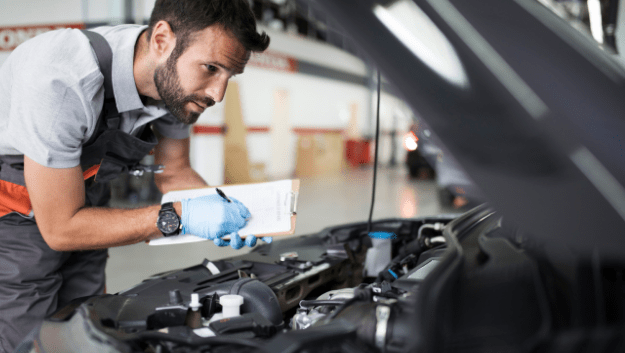
The full service includes all elements of a minor service, which we have covered and some extras. The mechanic will check new areas in a full service, such as the engine to see if it is running correctly, the battery, suspension and steering checks. Usually, a full service will be done if you have an NCT coming up.
Major Service
A major service includes everything above. Some parts may need to be replaced, such as:
- Brake Discs
- Timing belt
- Cultch
It will cost you more but will increase your car’s price in the long run and avoid any future issues.
Price of a Car Service
A car service depends on a range of things, such as your car’s size, model and the dealership carrying out the service. A general service can cost anywhere from €80 to €130. It’s always good to shop around and compare garages’ prices to get the best deal on your car service.
Are There Any Tasks I Can Do To Look After My Car?
There are a few basic servicing tasks that you can carry out regularly to keep your car’s condition in top shape. If you are a mechanic, you can go a few steps further than this, but here are a few tips for all of us who don’t know much about how a car works.
Make Sure Your Oil is Topped Up
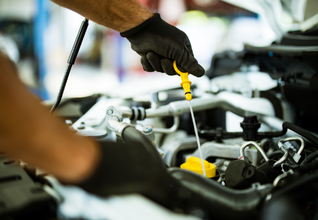
You should always keep your oil topped up. It’s good practice. It can help avoid any engine problems and overheating issues. It also saves you money because a garage may charge you for premium oil during a service.
Regularly Monitor Tyre Pressure
Monitoring your tyre pressure regularly is important. It will keep you safe on the road. It will also help you spot an over-inflated or under-inflated tyre which can wear out the tyre faster. We don’t want to pay for a new set of tyres.
Check your tyre pressure every few weeks. You will find the recommended tyre pressure for your car in your car’s manual. It is normal for your front and rear wheels to need a different pressure, so be aware of it.
Replace Fluids
Just like you are monitoring your oil levels, you should keep on top of other fluid levels such as engine coolant, windscreen washer fluid and brake fluid. They should all be checked and topped up at regular intervals. If you don’t know where to find parts to check the fluid level, there will be a diagram in your car’s manual.
How Long Does a Car Service Take?
The time taken for a service depends on which service you booked. A minor service typically takes an hour and a half. A full service takes 3 to 4 hours, and a major service takes between 3 and 4 hours.
Following the tips and advice above should help to improve your car’s performance and lifespan, however, in case the unfortunate does happen, it’s important to have insurance you can trust. For a quick, secure car insurance quote, reach out to one of our trusted KennCo Insurance advisors on 01 409 2600, or click here for a secure online quote.
Looking to Save On Your Car Insurance?
At KennCo, our car insurance cover offers competitive rates and valuable benefits, including a replacement car as standard. Get peace of mind knowing you’re fully covered.
Get a Secure Quote Today
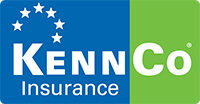
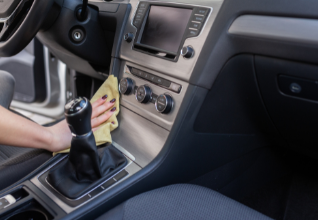
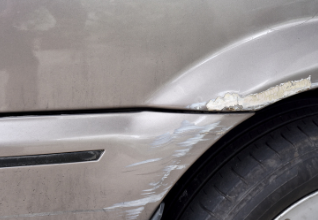 After cleaning the car, you may want to get any minor cosmetic damages fixed, such as scratches or kerbed wheels. It’s up to you to get this done. It may not be worth it if you sell the car for a low price. On the other hand, fixing all the cosmetic damage can increase the car’s worth.
After cleaning the car, you may want to get any minor cosmetic damages fixed, such as scratches or kerbed wheels. It’s up to you to get this done. It may not be worth it if you sell the car for a low price. On the other hand, fixing all the cosmetic damage can increase the car’s worth. 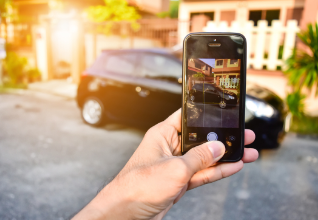
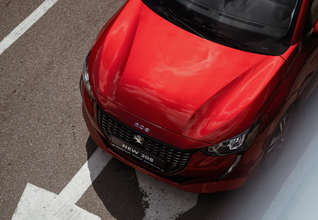
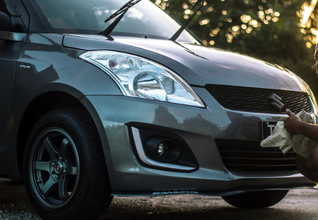
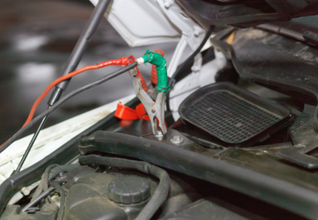 It may be your first time using jump leads, so there are a few safety precautions you should take.
It may be your first time using jump leads, so there are a few safety precautions you should take. 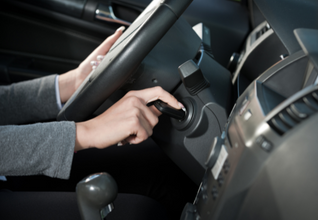 That was seven simple steps on how to jump start your car. If unfortunately, your car battery does die, you now know how to get it fully charged in no time.
That was seven simple steps on how to jump start your car. If unfortunately, your car battery does die, you now know how to get it fully charged in no time.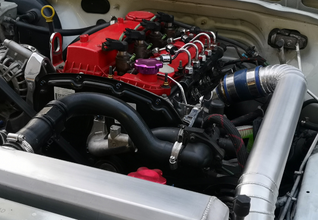 Any car modifications that increase the security of your car will not affect your insurance. Extra locking devices, for example, can reduce the risk of theft or accident in your vehicle. It could even help decrease the cost of your policy.
Any car modifications that increase the security of your car will not affect your insurance. Extra locking devices, for example, can reduce the risk of theft or accident in your vehicle. It could even help decrease the cost of your policy.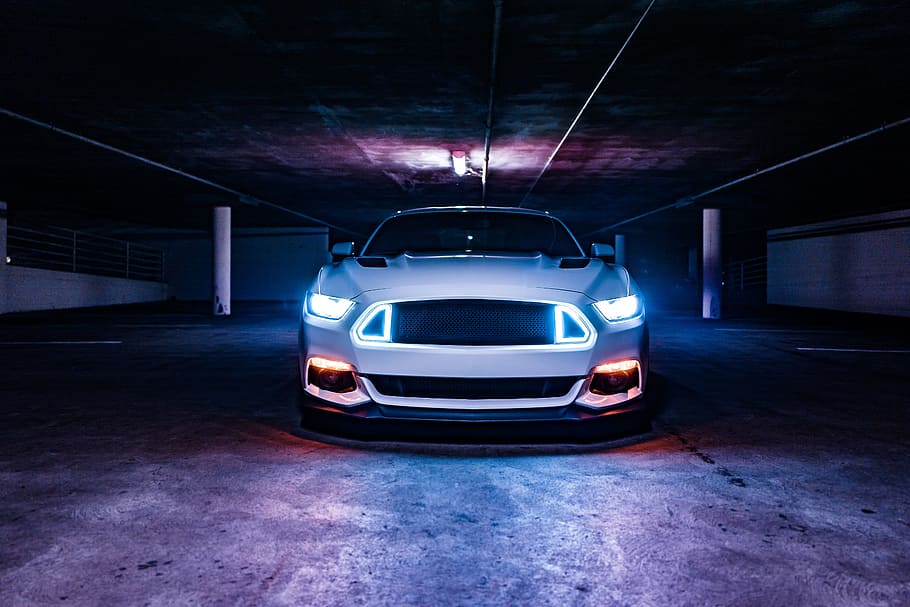
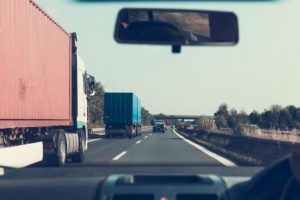
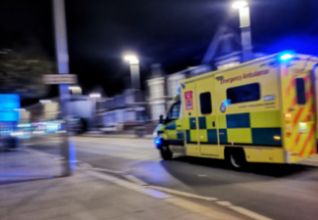
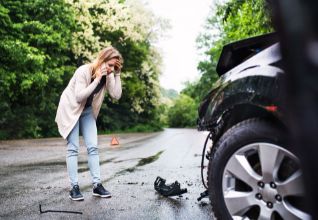 Ring your insurance company as soon as you can to inform them of the incident, even if you are not at fault. By informing your insurance company early, you will be able to provide accurate information regarding the accident while you have a clear memory of the accident. Claims can be made years after an accident has occurred so it is better to have your details on record as early as possible.
Ring your insurance company as soon as you can to inform them of the incident, even if you are not at fault. By informing your insurance company early, you will be able to provide accurate information regarding the accident while you have a clear memory of the accident. Claims can be made years after an accident has occurred so it is better to have your details on record as early as possible. 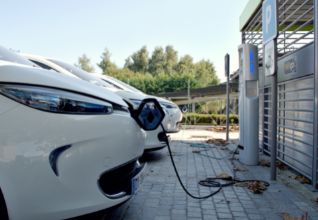
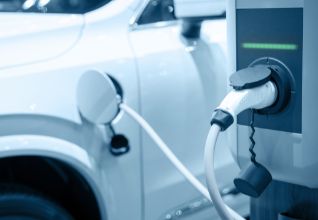 You should know how you will charge your electric vehicle before purchasing one. Are you installing a home charger or not? We recommend installing a home charger as it makes the process easier for you and your commutes. Are there public charging stations nearby if you don’t plan to install a home charger? For example, you will need to know where it is and where there are charging stations near your work. If they’re busy, you will need to think of backup stations. We recommend installing a home charger so you’re fully charged before every commute.
You should know how you will charge your electric vehicle before purchasing one. Are you installing a home charger or not? We recommend installing a home charger as it makes the process easier for you and your commutes. Are there public charging stations nearby if you don’t plan to install a home charger? For example, you will need to know where it is and where there are charging stations near your work. If they’re busy, you will need to think of backup stations. We recommend installing a home charger so you’re fully charged before every commute. It’s time to shop for your car now that you have decided the budget and the type of car you’re looking at. You can view cars from any dealership near you or look at websites that sell new or used cars.
It’s time to shop for your car now that you have decided the budget and the type of car you’re looking at. You can view cars from any dealership near you or look at websites that sell new or used cars. 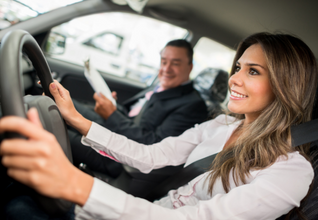
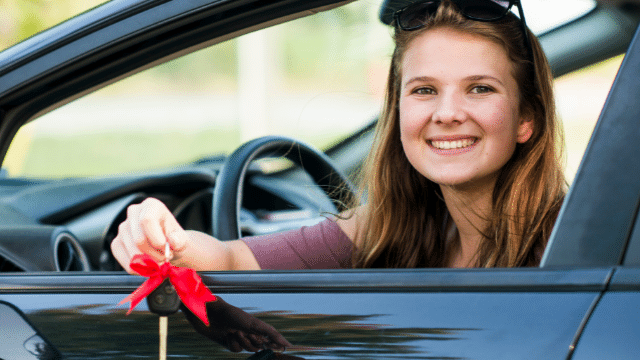
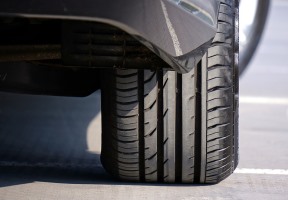 If your car unexpectedly breaks down, you must have the appropriate equipment to get your car back on the road as safely and quickly as possible. Many auto stores around Ireland now sell compact emergency car kits. But if you want to ensure that you’re fully covered in a breakdown or accident, it might be worth putting together your own kit. Here’s a list of items you can include in your emergency car kit.
If your car unexpectedly breaks down, you must have the appropriate equipment to get your car back on the road as safely and quickly as possible. Many auto stores around Ireland now sell compact emergency car kits. But if you want to ensure that you’re fully covered in a breakdown or accident, it might be worth putting together your own kit. Here’s a list of items you can include in your emergency car kit.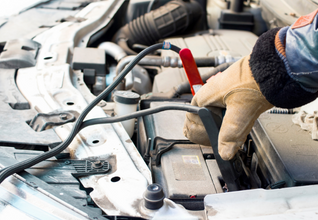 If you forget to turn off your lights or leave another power source running, you may find that your car won’t start. Using jump leads, you can recharge your battery using another car and get back on the road in minutes. Don’t forget that if your battery is completely flat, you should leave your car running for about 45 minutes to recharge your battery fully.
If you forget to turn off your lights or leave another power source running, you may find that your car won’t start. Using jump leads, you can recharge your battery using another car and get back on the road in minutes. Don’t forget that if your battery is completely flat, you should leave your car running for about 45 minutes to recharge your battery fully. 